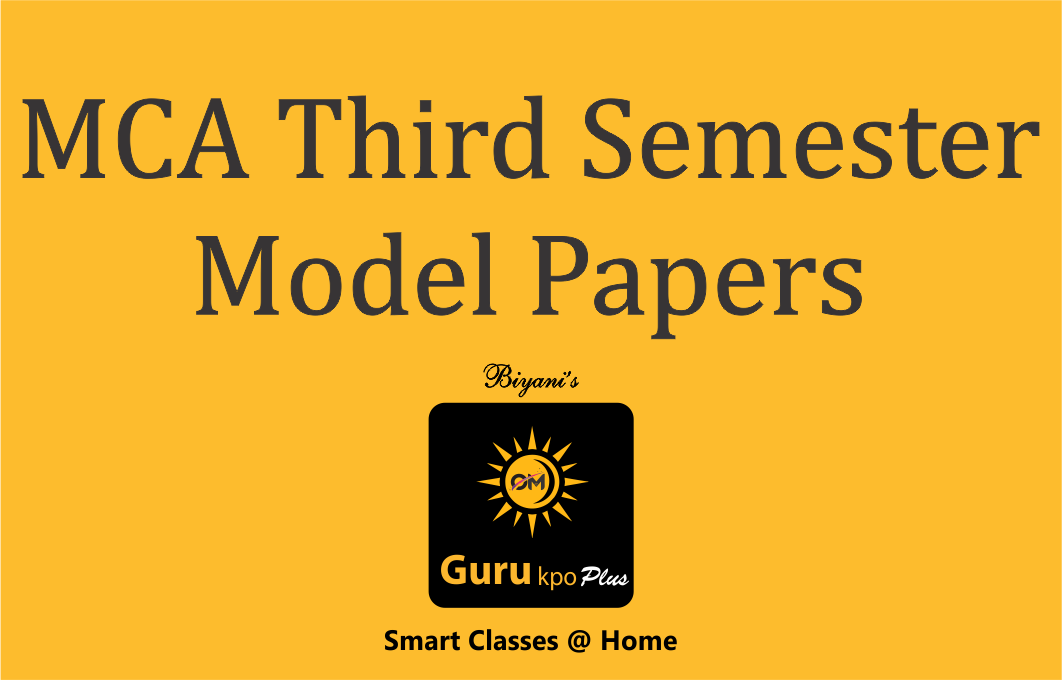Abstract:
The present study examined morals in Indian people by moral dilemma task. The results showed that the situation includes direct cause and accidental harm enhanced utilitarian judgment. The effect of personal force in moral scenario was different from previous studies, and it might reflect specific sense of values in India.
Keywords:Morality,Moraldilemma,Decision-making,Culture
Introduction:
How can we measure our morality? In order to resolve it , some tasks were developed[1]. The moral dilemma task is oneof them,and which is the task participants need to choose sacrificing one person in order to save other sorover looking others death. The task was improved in current years, and it is elucidated that there are factors of situation which affect our judgment in moraldilemmas[2]. Those are Personal force (whethertouchthepersondirectly), Benefit recipient (whetherownlifecanbesaved) ,Evitability (whethervictimcomesoutwithoutownaction), Intentionality (whetherthereisclearintentionofmurder). However,cultural difference as which as pectisrespectedisstillunclear.This study examined moral judgment in Indias first step for cultural comparisonstudy.
ResultandDiscussion:
The mean ratings of moral acceptability (1: disagree to kill one person to save others (deontological judgment) ~ 7: agree to kill one person to save others (utilitarian judgment)) for each participant were analyzed (Figure-1). A Two-by-Two-by-Two analysis of variance (ANOVA) was conducted. Each factor of moral scenario (Personal force, Evitability, Intentionality) were the within-participants factor. There were significant effects of personal force(F(1,88)=10.89,p<.01),intentionality(F(1,88)=19.48,p<.001). It means direct cause and accidental harm of sacrificing in dilemma situation enhance utilitarian judgment. Conversely, evitability of victim is not critical factor of moral judgment for Indian people.
Experimental:
This study was conducted as interview survey based on questionnaire. The research area were a campus of Biyani group of colleges and markets around there. 100 persons participated survey. Eight scenarios of moral dilemma were selected as task from previous study [2] with three factors(Personal force, Evitability, Intentionality).
Conclusion:
This study revealed Indian people tend to choose utilitarian judgment in moral dilemmas, and it is enhanced by situation includes direct cause of sacrificing.
References:
- “MORALTRIBESEmotion,Reason,andtheGapbetweenUsandThem”Greene,J.D,ThePenguinPress(2013),NewYork.
- “Moraljudgmentreloaded:Amoraldilemmavalidationstudy”,Chrisensen,J.F,FlexasA,CalabreseM,GutN.K,GomilaA,FrontiersInPsychology(2014),5.







